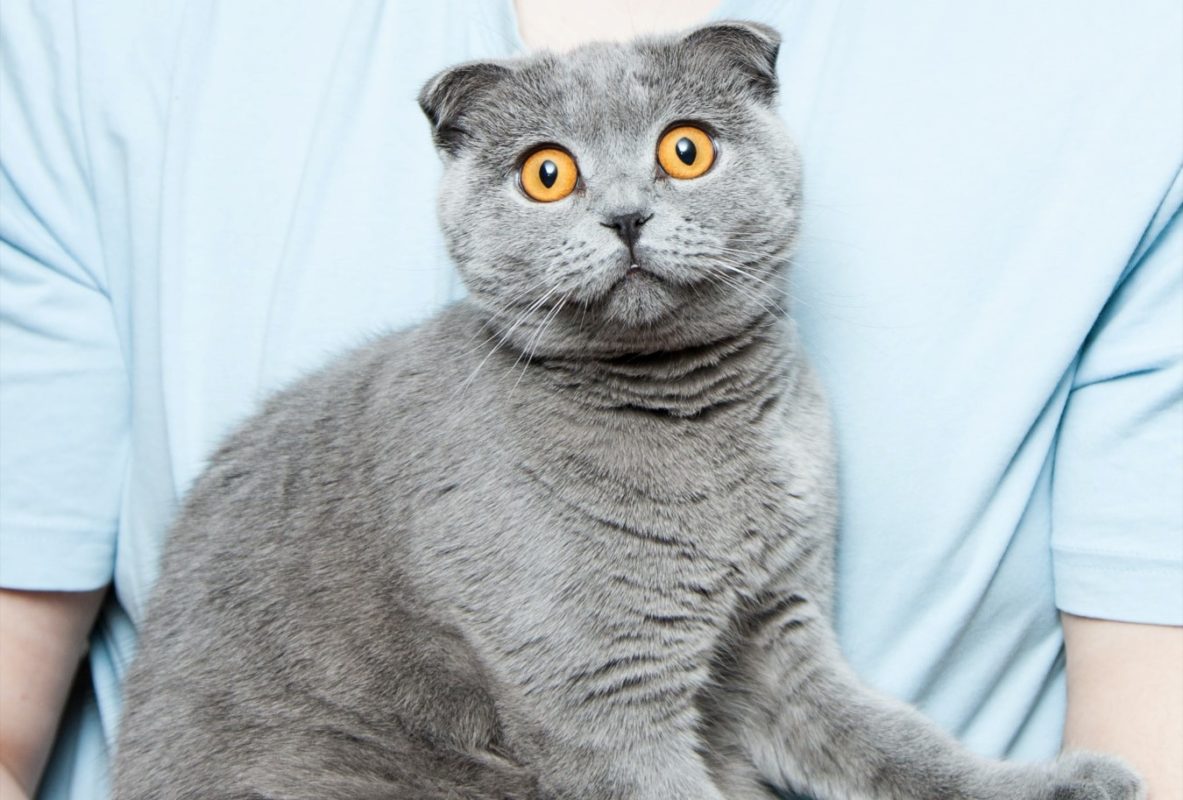Behavior, Everything, Cats, Health care
Cats and Stress – How to deal with a stressed cat
She might become aggressive or withdrawn. Perhaps she is restless or more emotionally needy. Some cats under stress mark their territory more by scratching, spraying, or urinating or defecating in inappropriate places. They may become more vocal, hide, spend more time outdoors or indoors, lose interest in food, groom themselves excessively, or even mutilate themselves.
If your cat shows any of the above symptoms, she may be exhibiting symptoms of stress.
Causes of stress in cats
Most of the causes here can be summarized by one word: change. Cats and change often don’t go well together without some assistance.
Conflict with other cats in the household
A 2004 University of Edinburgh study identified the top cause of stress in cats as conflict with another cat or cats in the household. Some cats prefer to be the only cats, while others enjoy the company of other cats. But like people, cats don’t get along with all other members of their species.
A new addition in the family
Having another animal join the household can be stressful, especially if introductions aren’t handled right. Cats are territorial. Having new people in the family, from a new baby to a new spouse, can also be stressful. Their presence is a change in routine and an adjustment to make.
Absence of family members
When a cat’s primary caregiver is away, the cat doesn’t know if the person is gone just for a weekend or forever. As cat owners know, cats can develop strong bonds with people.
If a cat is attached to other household pets and they leave or die, the cat will grieve the loss just as people will.
Changes in the environment
You may have changed something as small as the brand of cat litter or cat food you buy, or gotten new furniture. Or the changes might be more obvious, such as remodeling your house and having workers and noise in the home. Your routine or behavior might have changed. Or you may have made a major change such as moving to a new home.
Any of these could be causes of stress for cats.
Cats, stress, and health
Over time, stress increases the risk for health problems in cats. As with people, the immune system becomes less effective when the body has had to deal with stress for too long. Digestive problems, depression, loss of appetite, and infections may occur.
According to the previously mentioned University of Edinburgh study, living with long-term stress is a significant factor in developing feline idiopathic cystitis (FIC), which is an inflammation of the bladder.
Reducing stress in cats
The symptoms listed at the beginning of this article can be caused by stress, or they may be the result of physical conditions. Consider whether the symptoms coincided with any causes of stress. If you have any doubts, take your cat to a veterinarian to check for physical problems that may have caused behavioral changes.
If possible, reduce or remove the causes of stress. Better yet, plan ahead and prepare your cat for the stressful situation. These articles provide some tips:
- Can Cats and Dogs Live Together?
- Cats and Babies
- When Your Cat Won’t Use the Litter Box
- Moving Home with Dogs and Cats
Whatever the situation, give your cat lots of attention and introduce her to new people or situations gradually if possible. Often this is not possible, however. If you can’t remove the stress, provide a secure place for your cat to go to be away from whatever causes the stress. She’ll appreciate a room where other pets aren’t allowed or a box with a cat-sized opening away from normal household traffic.
Treatments for stress in cats
Natural remedies for stress
- Feliway feline stress relief spray mimics naturally occurring pheromones that help calm and reassure cats.
- Some homeopathic remedies can be used to treat stress in cats.
Medical treatments for stress
Antidepressants such as Prozac and Paxil are sometimes used to treat cats. Easily stressed cats may be more relaxed on regular medication, while others may benefit from short-time use of medication to help them get through stressful situations. When the medication isn’t needed any more, cats should be tapered off of it gradually.

